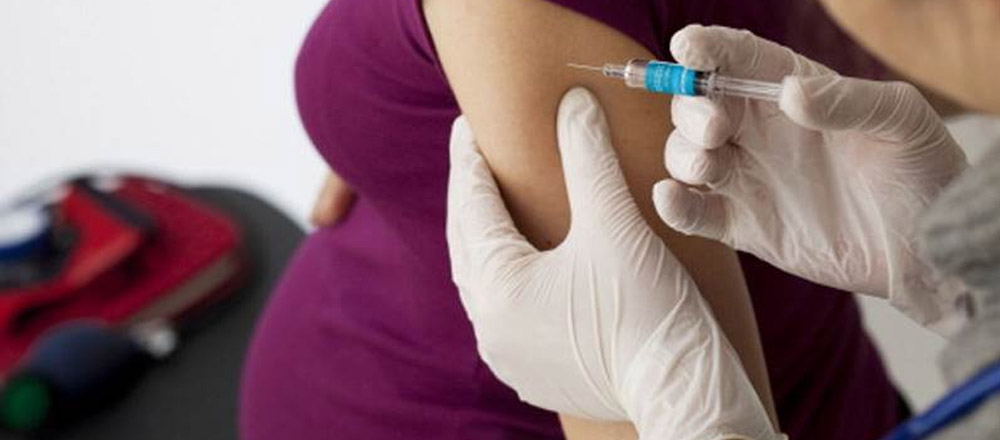Gestational Diabetes: What Expectant Mothers Need to Know
January 20, 2020By: Melissa Zalonis
Categories: Gynecology, Live Healthy, Maternity

Each year, 6-9% of pregnant women in the U.S. develop gestational diabetes, according to the Centers for Disease Control and Prevention. Nationally, there has been an increase in gestational diabetes, but annual diagnoses only equate to about 200,000 cases a year.
What is Gestational Diabetes?
Gestational diabetes occurs when the body either can’t make enough insulin or use it sufficiently during pregnancy. An important distinction between this and other types of diabetes is that it’s diagnosed in women who did not have diabetes before they became pregnant. Even so, the health concerns are serious. In addition to increasing the risk of delivery complications, gestational diabetes can increase a woman’s likelihood of developing Type 2 diabetes after pregnancy.
What Causes It?
Risk factors include:
- A family history of Type 2 diabetes
- Age 25 or older
- African American, Asian American, Hispanic/Latina or Pacific Islander American race
- Being overweight or obese
- Current diagnosis of prediabetes or polycystic ovarian syndrome
- History of gestational diabetes or giving birth to a baby weighing more than 9 pounds
- Not being physically active
For most women, gestational diabetes goes away a few weeks after delivery. That said, it is possible to go into pregnancy with pre-existing and undetected diabetes. This makes it important to seek follow-up care after the pregnancy.
Making a Diagnosis
Gestational diabetes testing is standard care during pregnancy. Your OB-GYN will schedule the test when you are 24-28 weeks pregnant.
One common method is the oral glucose tolerance test, which measures your blood sugar after fasting and ingesting a sweet beverage containing glucose. In some instances, a physician will first order a glucose challenge test, which doesn’t require fasting.
Healthy Pregnancy Tips
If you’re diagnosed with gestational diabetes, proper diabetes education can help mitigate associated risks, such as preterm birth, stillbirth and high blood pressure. Diabetes education that emphasizes healthy eating and exercise, as well as proper blood glucose monitoring can keep both mom and baby healthy.
Other Tips:
- Do about 30 minutes of moderate-intensity physical activity five days a week.
- Don’t skip meals and eat a good breakfast.
- Lower your carbohydrate intake.
More Questions?
If you have questions or concerns about gestational diabetes, talk with your primary care doctor, OB-GYN or a diabetes educator.



